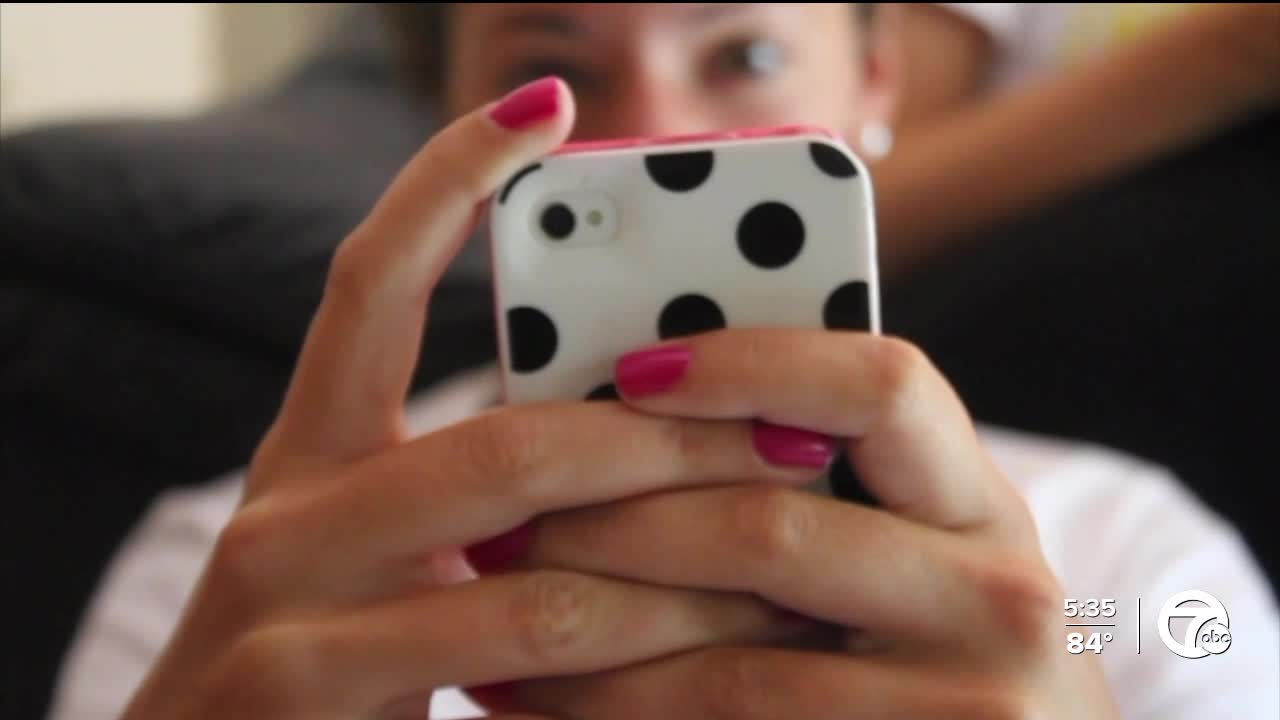(WXYZ) — In today’s Health Alert, a new study is raising concern about how screen time could be impacting your child’s heart health. Spending more time on screens - and getting less sleep - may be doing more harm than we thought.
This was a large, long-term study out of Denmark. Researchers analyzed data from over a thousand children and teens. And what they found was eye-opening. For each extra hour of screen time, there was a rise in risk factors linked to heart and metabolic health - things like high blood pressure, belly fat, unhealthy cholesterol, and higher blood sugar.
For 10-year-olds, each extra hour of screen time per day raised their risk score by about 0.08 points. For 18-year-olds, the increase was a bit higher - 0.13 points per hour. That may sound small, but when kids are spending 4, 5, or even 6 hours a day on screens, it adds up. On average, 18-year-olds were on devices about 6 hours a day, while 10-year-olds averaged around 3 hours.
Now, here’s what really stood out. Kids who didn’t get enough sleep were at even higher risk. Not only did they face more health risks from the same amount of screen time, but staying up late made things even worse.
The study focused on “discretionary” screen time. It was based on self-reports from teens or what parents reported for younger kids. It included things like TV, phones, tablets, computers, and video games. But it didn’t separate screen time used for learning from time spent watching videos or scrolling. That’s a limitation, because educational screen time isn’t the same as passive screen time - like endless scrolling or binge-watching.
So what can parents do? Well, as a Dad myself, I know how tough this can be. My kids enjoy their screens, and we work on finding balance at home, too. But the good news is, small changes can really help.
I recommend creating a more balanced daily routine. Move screen time earlier in the evening, as that can help kids wind down sooner. And lead by example. That means no phones at the dinner table or late-night scrolling.
Also, when kids went to bed earlier and got enough sleep, screen time didn’t have as strong an effect. So be sure they get to bed at a good time and get the recommended amount of sleep for their age.
We’re not saying get rid of screens, just find a better balance. And that can help protect your child’s heart now and in the future.




